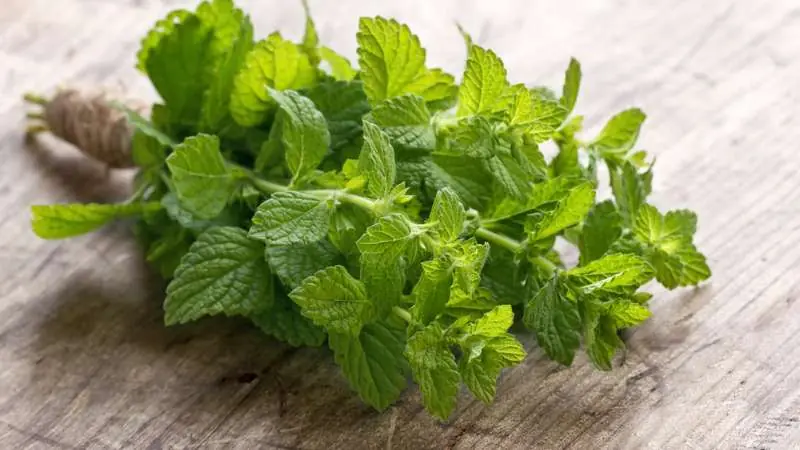
Top Plants to Grow That Naturally Repel Mice from Your House
Which natural plants can help prevent mice from entering your home?
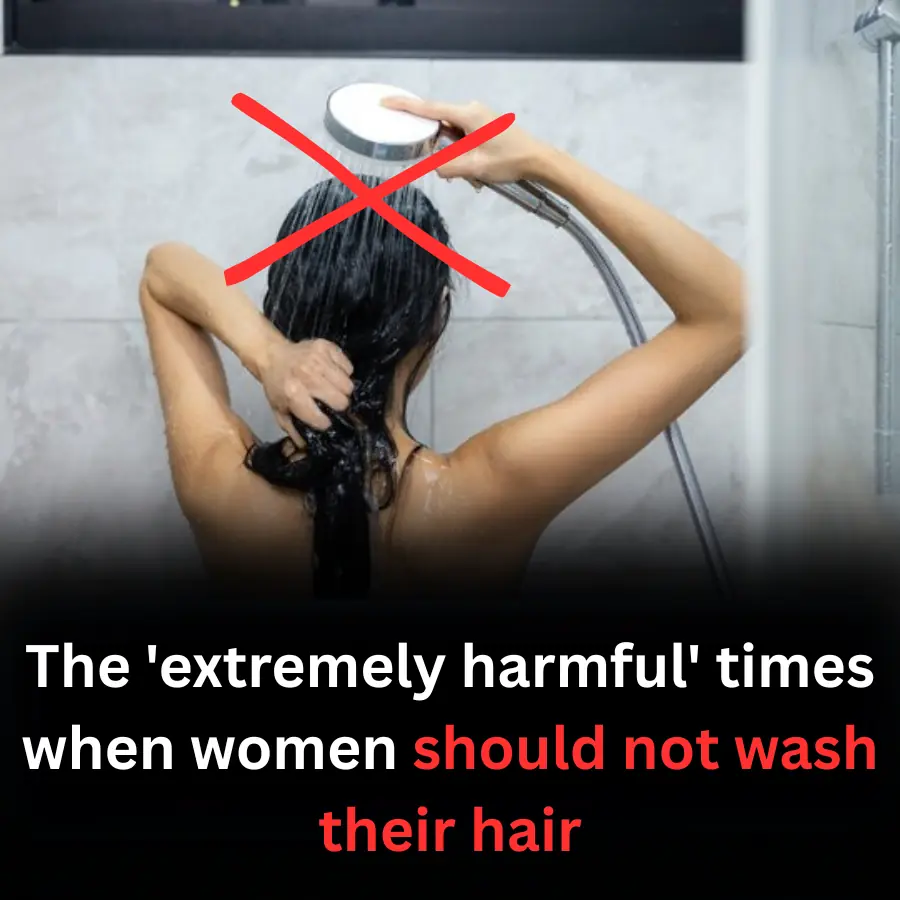
While washing hair is a regular part of most people’s hygiene routine, there are certain times when washing your hair may actually be harmful, particularly for women who may have more delicate or specific hair care needs. Here are the "extremely harmful" times when women should avoid washing their hair:
Why it's harmful: After hair coloring, perming, or any chemical treatments like straightening or keratin treatments, the hair is in a more delicate and vulnerable state. Washing the hair too soon can strip away the color, damage the hair shaft, or interfere with the chemical process that is meant to straighten or strengthen the hair.
Best practice: It's recommended to wait at least 48 to 72 hours before washing hair after any chemical treatment to allow the hair cuticle to fully close and lock in the color or treatment.
Why it's harmful: Sleeping with damp or wet hair can cause frizz, breakage, and even scalp infections. The hair is more prone to damage when wet, and sleeping on it can lead to tangling, split ends, and hair shaft weakening. Additionally, a damp scalp can create an environment conducive to fungal infections like dandruff or other scalp irritations.
Best practice: If you need to wash your hair in the evening, try to ensure it's completely dry before going to bed. Alternatively, if you prefer to wash it before bed, consider air drying or blow-drying thoroughly.
Why it's harmful: If your scalp is already itchy, inflamed, or experiencing conditions like eczema, seborrheic dermatitis, or psoriasis, washing your hair with harsh shampoos or excessive scrubbing can further irritate the skin and lead to increased inflammation or infection.
Best practice: Avoid washing your hair with harsh chemicals or shampoos that contain sulfates and fragrances. Use gentle, soothing shampoos specifically designed for sensitive skin or scalp conditions. Consult a dermatologist if irritation persists.
Why it's harmful: If you're experiencing excessive hair loss or thinning, washing your hair too frequently or aggressively can exacerbate the issue. Shampooing and rubbing your scalp can contribute to further hair shedding, especially when the hair follicles are already weakened or under stress.
Best practice: When experiencing hair loss, wash your hair less frequently and opt for a gentle, sulfate-free shampoo. Avoid vigorous scrubbing or hot water, as this can aggravate hair shedding.
Why it's harmful: After prolonged exposure to the sun, your hair can become dry and brittle. Washing it immediately afterward can strip away the natural oils that help protect and moisturize your hair, making it more prone to breakage and damage.
Best practice: If your hair has been exposed to the sun, try to avoid washing it right away. Instead, use a leave-in conditioner or moisturizing serum to restore hydration to the hair. Wait a few hours before washing your hair, if possible.
Why it's harmful: Many women may feel the urge to wash their hair because it's greasy, but over-washing can actually lead to more oil production as the scalp works harder to compensate for the loss of natural oils. This leads to a cycle of constant washing and increased oiliness.
Best practice: Instead of washing hair too frequently, try using dry shampoo to absorb the oil and refresh the hair without stripping it of natural oils. Washing your hair every two to three days is often sufficient for most hair types.
Why it's harmful: After swimming in chlorinated pools or saltwater, the hair becomes more vulnerable to damage due to the drying effects of chlorine or salt. Washing hair immediately after swimming can remove moisture and lead to further dryness, especially if it's not properly conditioned afterward.
Best practice: Rinse your hair with fresh water immediately after swimming to remove excess chlorine or salt. Afterward, use a moisturizing shampoo and conditioner to restore hydration, but avoid washing immediately if your hair feels overly dry.
While washing hair is essential for hygiene, doing so at the wrong times can harm your hair and scalp. Be mindful of factors like recent chemical treatments, scalp conditions, and environmental factors (like sun exposure or chlorine) before washing your hair. By being cautious and adjusting your hair care routine to suit your hair’s needs, you can avoid unnecessary damage and maintain healthy hair.

Which natural plants can help prevent mice from entering your home?
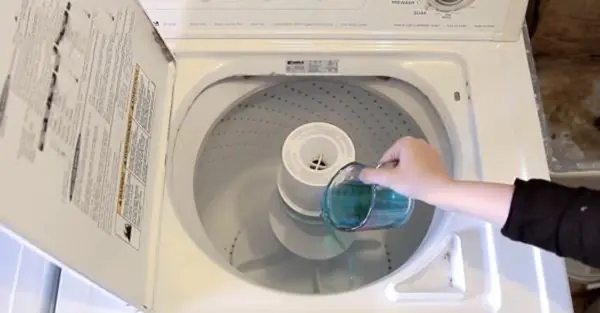
The Practical Benefits of Using Salt and Fabric Softener for Home Care

A Guide to Picking the Best-Tasting Tomatoes
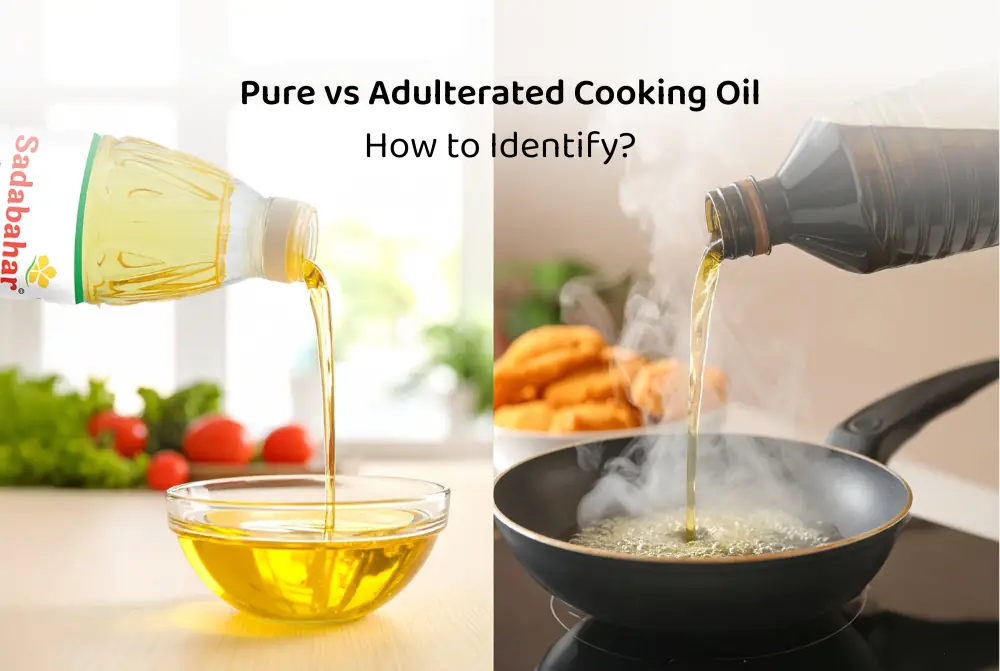
Here's How to Distinguish Genuine and Fake Cooking Oils

Simple yet effective ways to maintain the freshness and beauty of your flowers
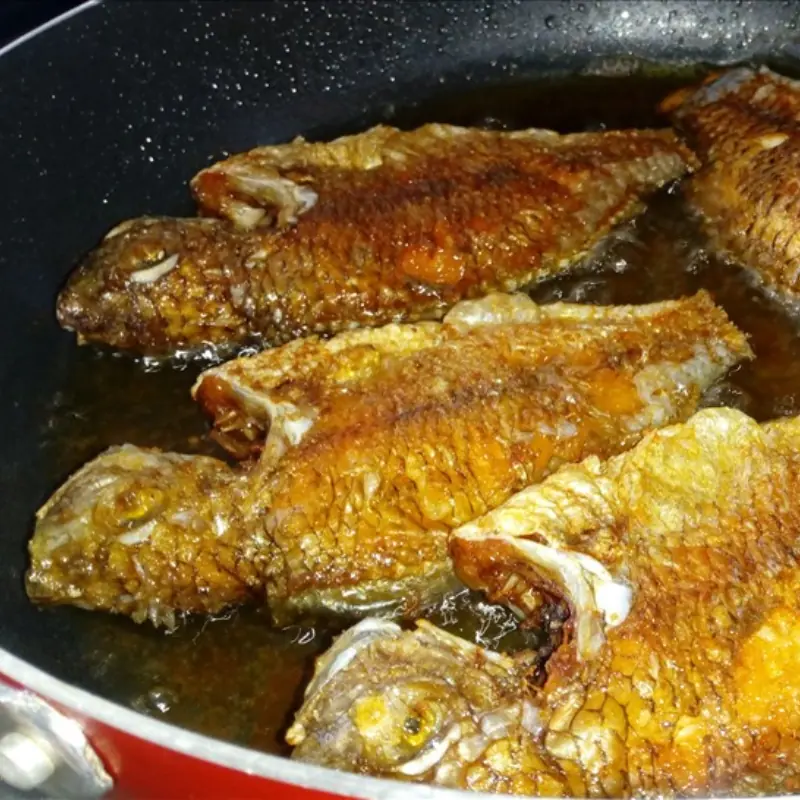
A simple trick for perfectly crispy fried fish.

Sweet or juicy — size matters less than nutrition. Here’s what experts say!
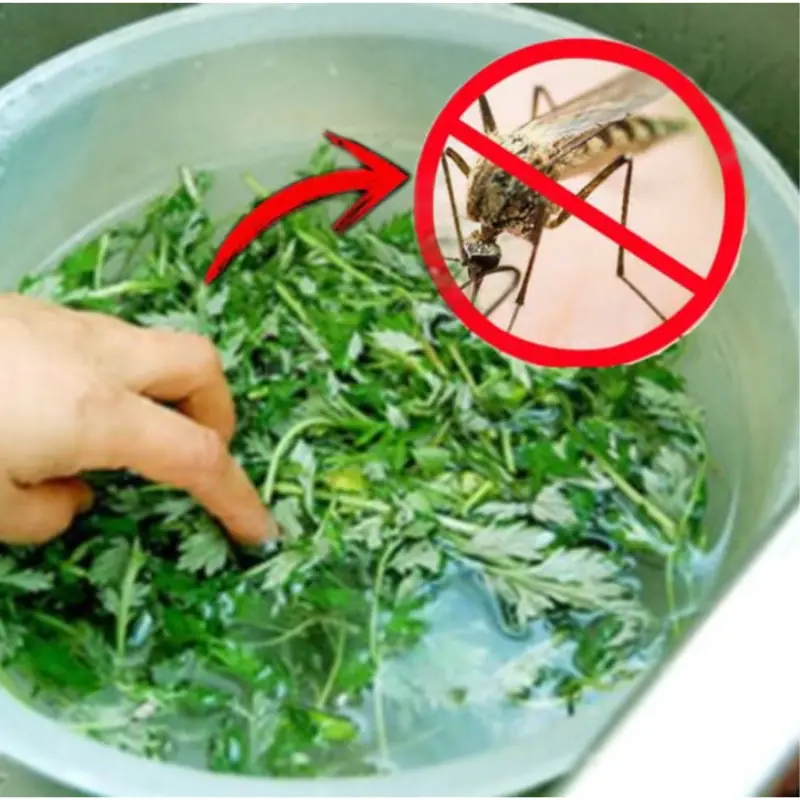
Natural leaf remedy helps keep mosquitoes away at night
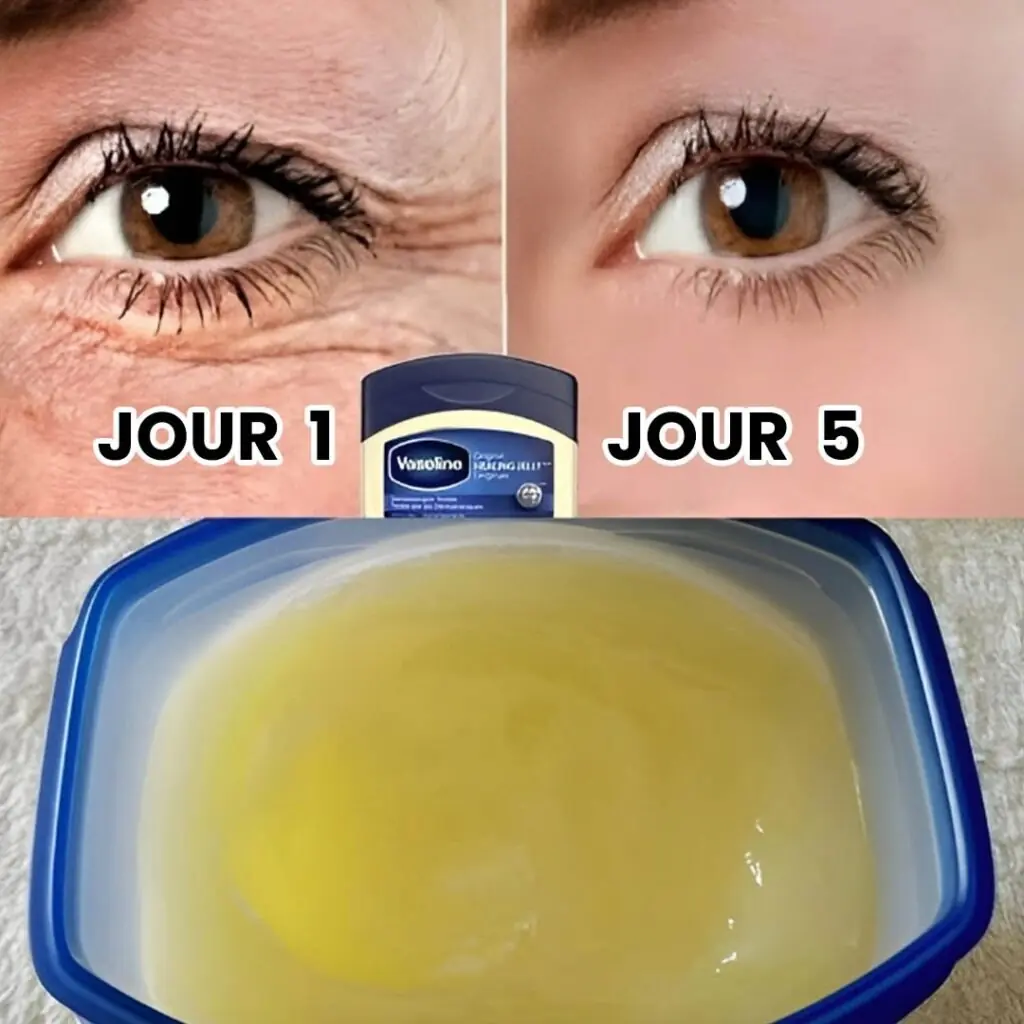
Want younger-looking skin without expensive creams? Try this cheap trick 👇
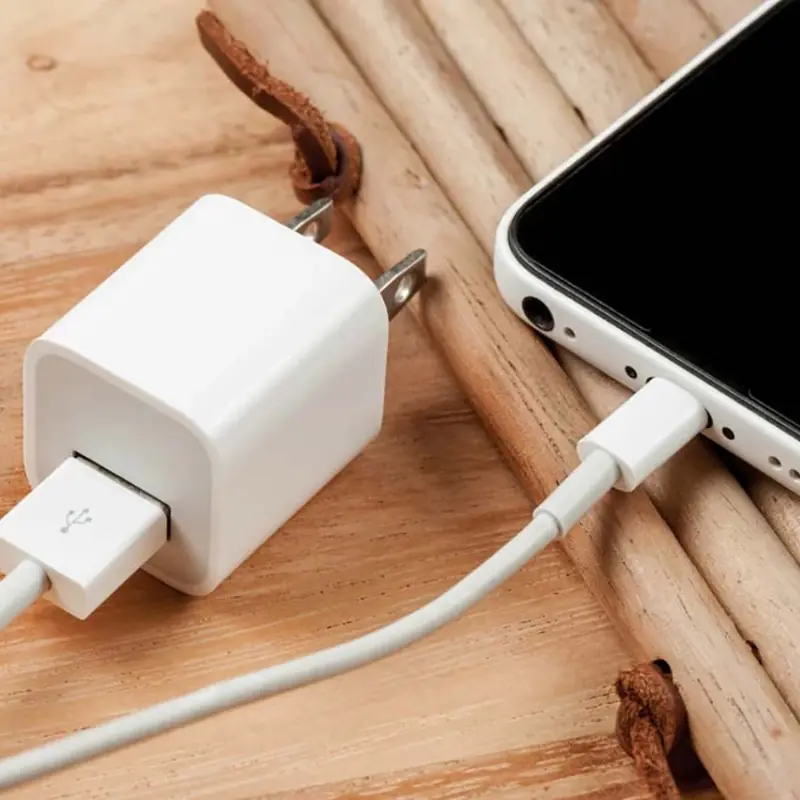
Experts reveal the ideal charging range for longer battery life
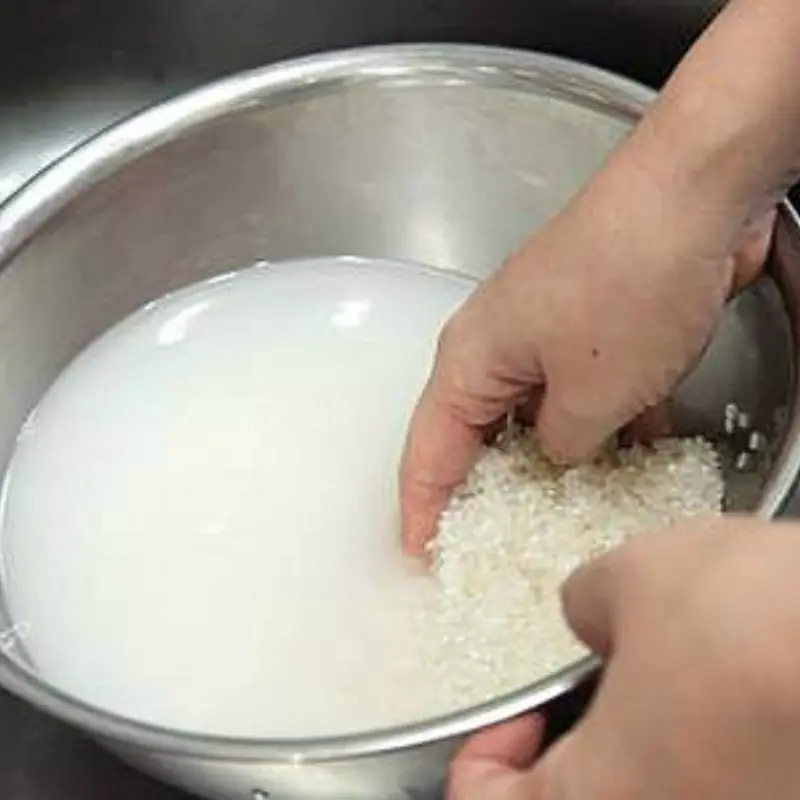
Rice water can be a hidden treasure in every home

Seeing geckos often inside? Use these easy tricks to discourage them from coming back
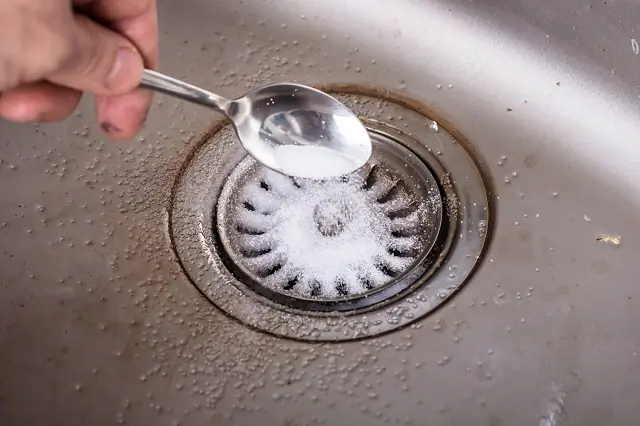
Possible advantages of using salt to clean your drain
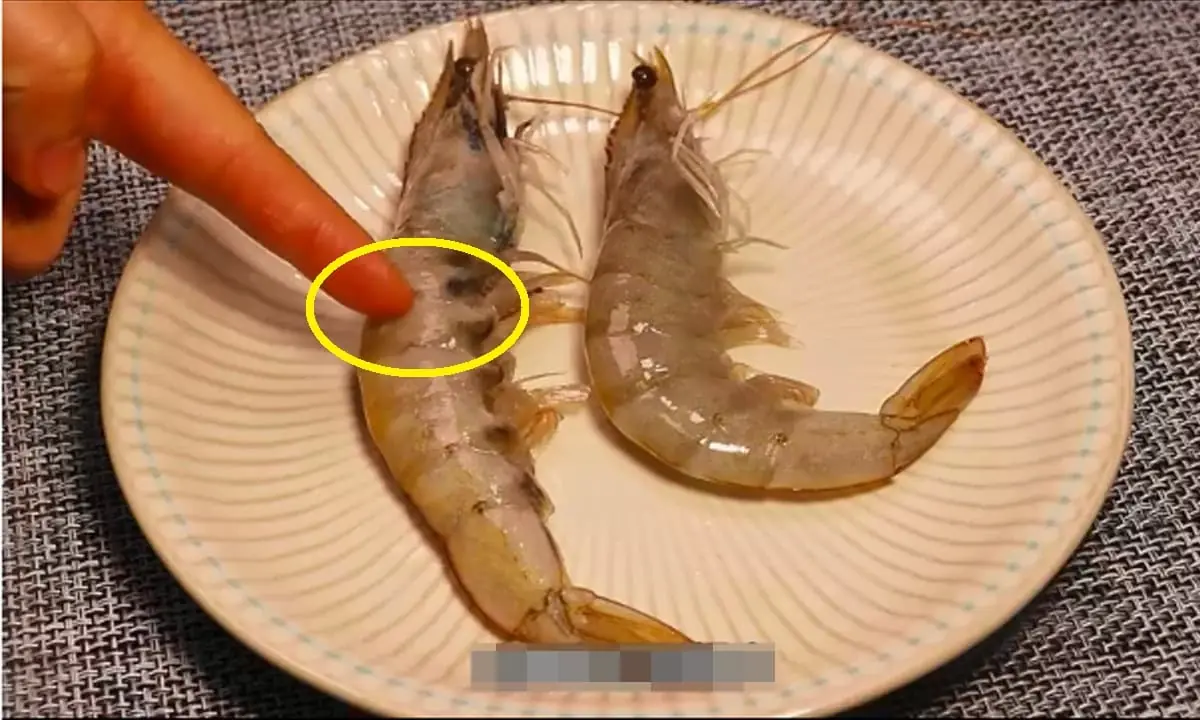
Straight vs. curved shrimp - which is the better choice at the market?
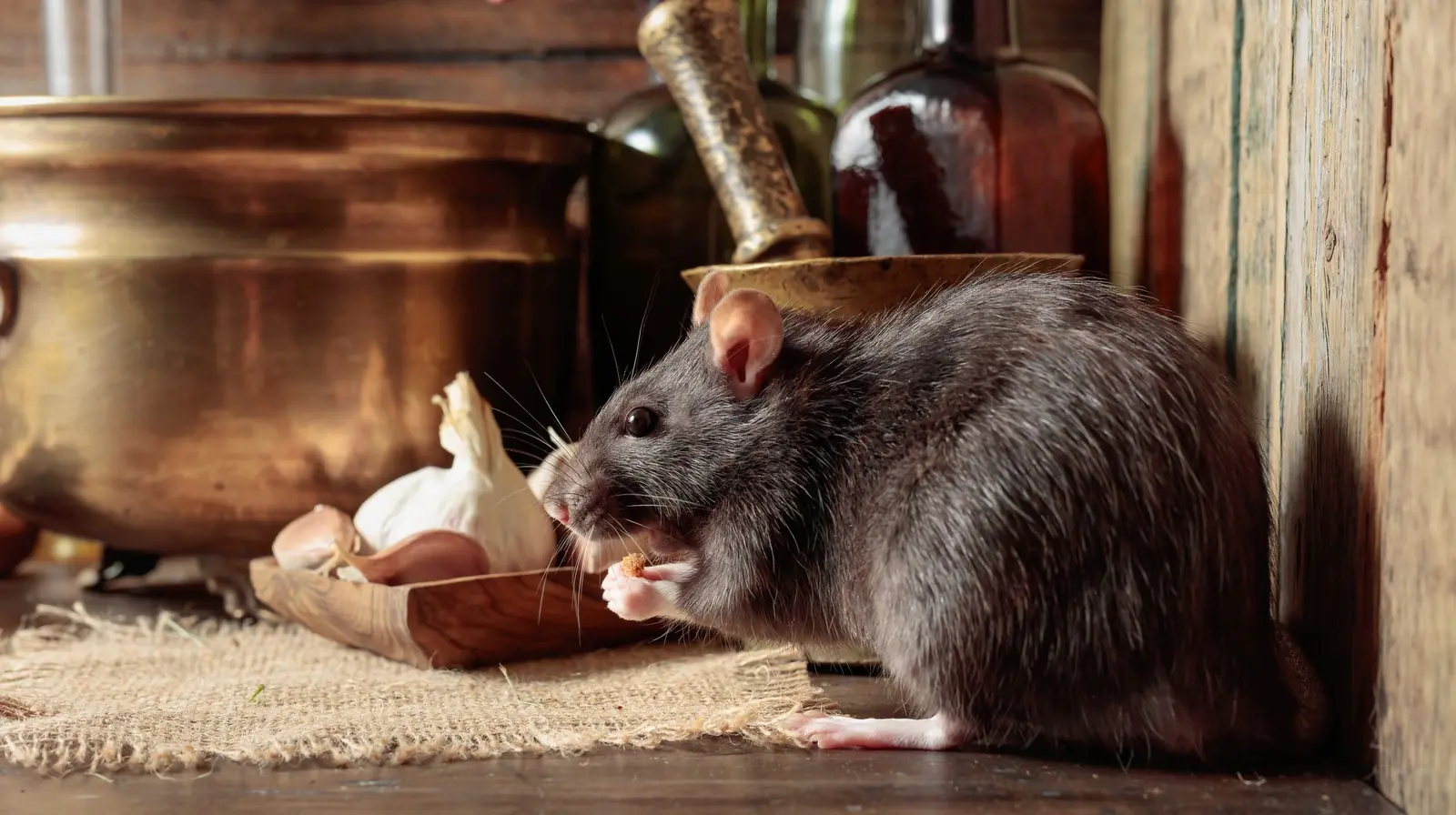
How to repel a rat infestation using a simple household ingredient

5 plants in your garden that could create conditions snakes are drawn to
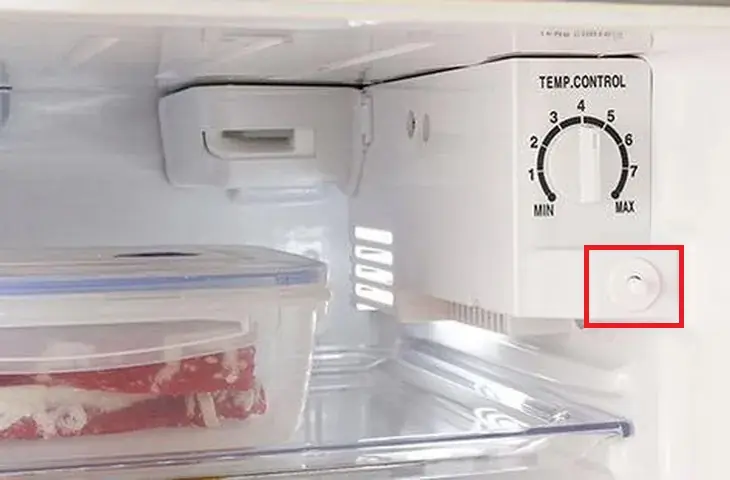
Your refrigerator has a tiny hidden button that could save you a surprising amount on your electricity bill

Stop boiling chicken with just salt and water.

How to fix moldy, peeling, and flaking wall paint.
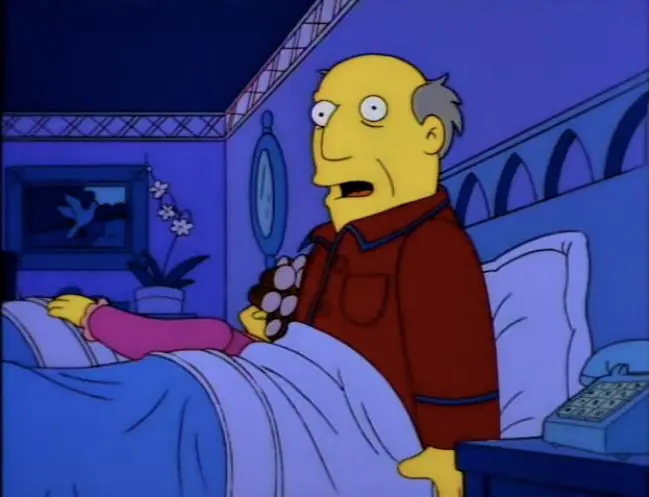
Sleep Starts and Sudden Awakenings: What’s Really Happening?

Which natural plants can help prevent mice from entering your home?

When It’s Best to Avoid Jackfruit: 5 Health Considerations

The Practical Benefits of Using Salt and Fabric Softener for Home Care

Nothing drains your energy more than the battles you fight inside your own mind. Release what is beyond your control
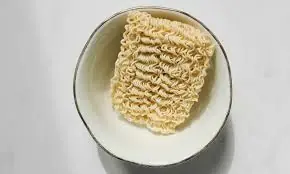
Eating Instant Noodles Every Day for a Month — A Wake-Up Call for Your Health
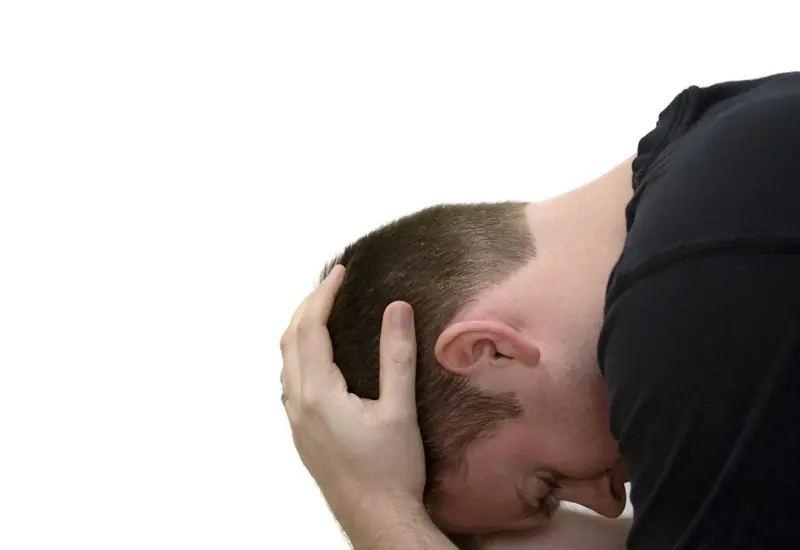
New findings point to a possible developmental pathway related to au.tism

A Guide to Picking the Best-Tasting Tomatoes

What Really Happens When You Eat a Banana Before Bed According to Doctors
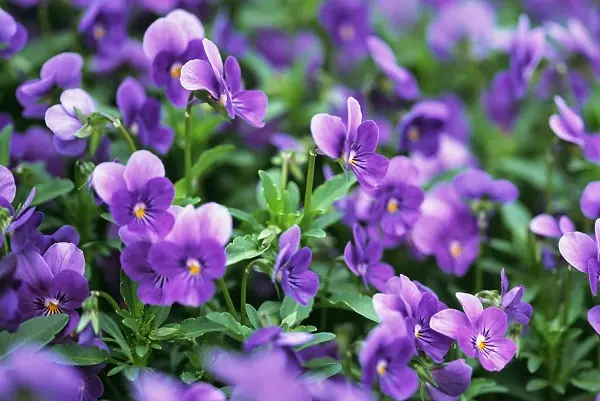
Wild Violets: The Overlooked Plant with Remarkable Health Benefits

One Key Tip for Choosing Cabbage: Guaranteed Crunchy and Sweet Flavor

From Root to Table: The Health Benefits of Cassava and How to Prepare It Safely
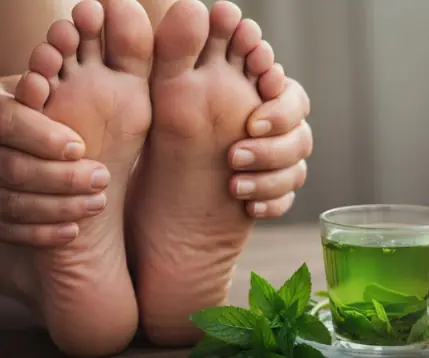
asil is one of the most beloved and versatile aromatic herbs in the natural world — and beyond its distinctive flavor, its leaves hide remarkable medicinal power 🌸.

Boiled eggs have been a dietary staple for centuries, valued for their simplicity, affordability, and impressive nutritional profile.

A common daily drink that may negatively affect your bone health

The Importance of Beans in Controlling Diabetes.

Onions are among the most widely consumed vegetables in the world and appear in countless cuisines across cultures.
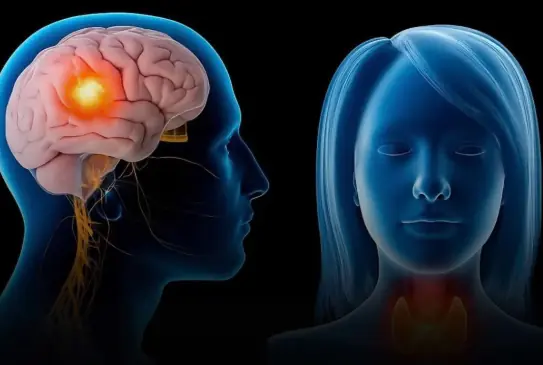
Your Guide to Head & Neck Canc3r: What Raises Your Risk, What Symptoms to Watch For, and How to Stay Safe

The Truth about Sleepwalking
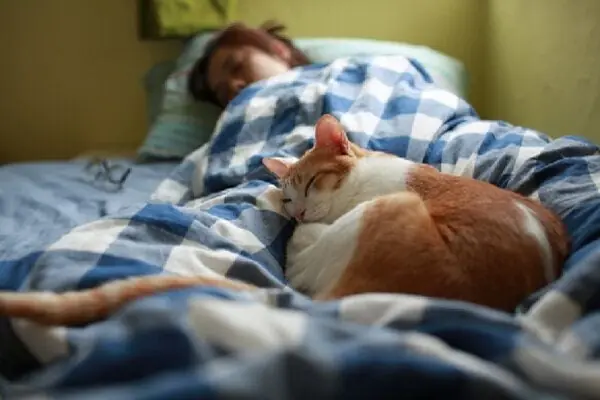
The surprising reasons why your cat loves sleeping in your bed